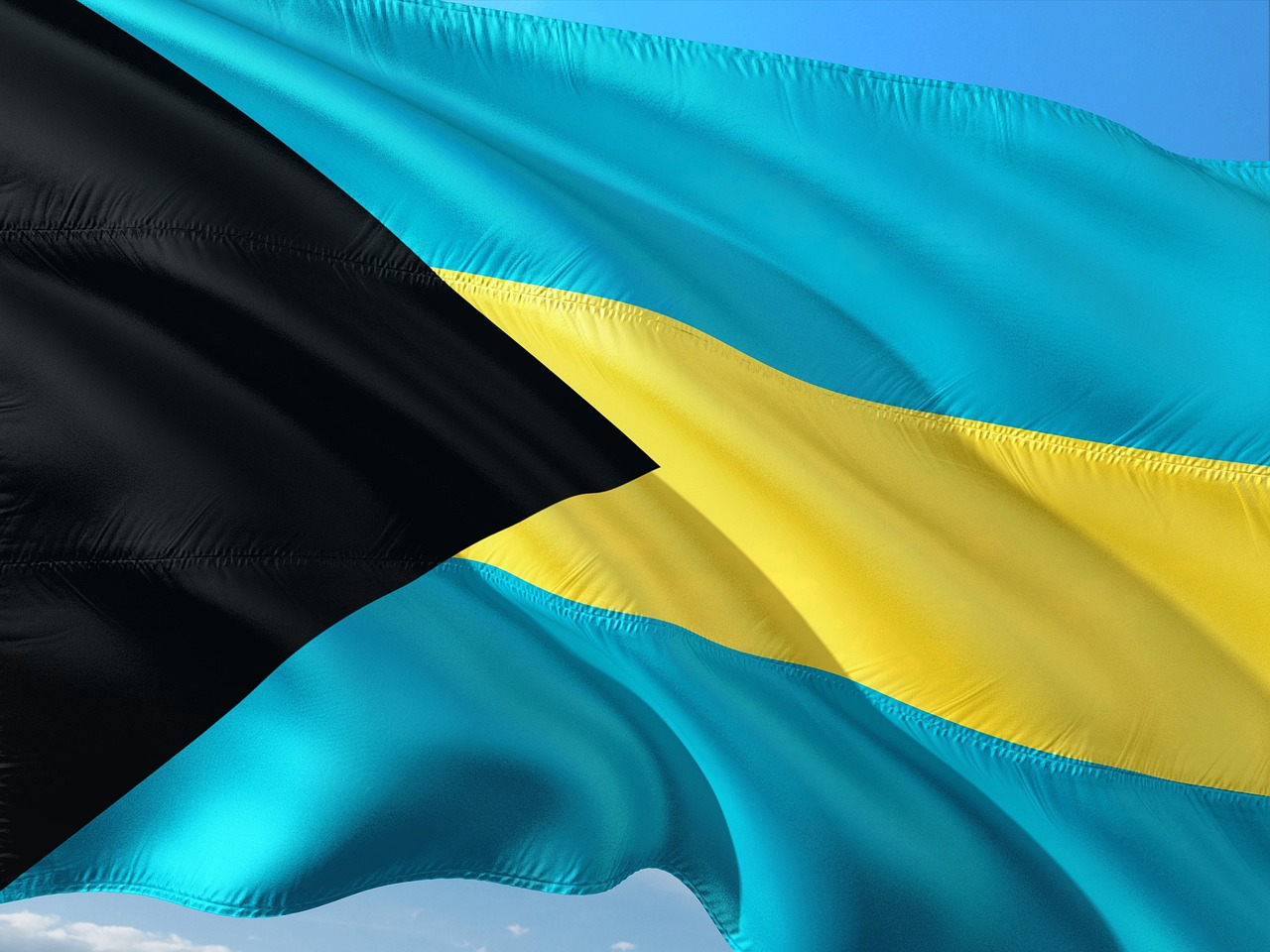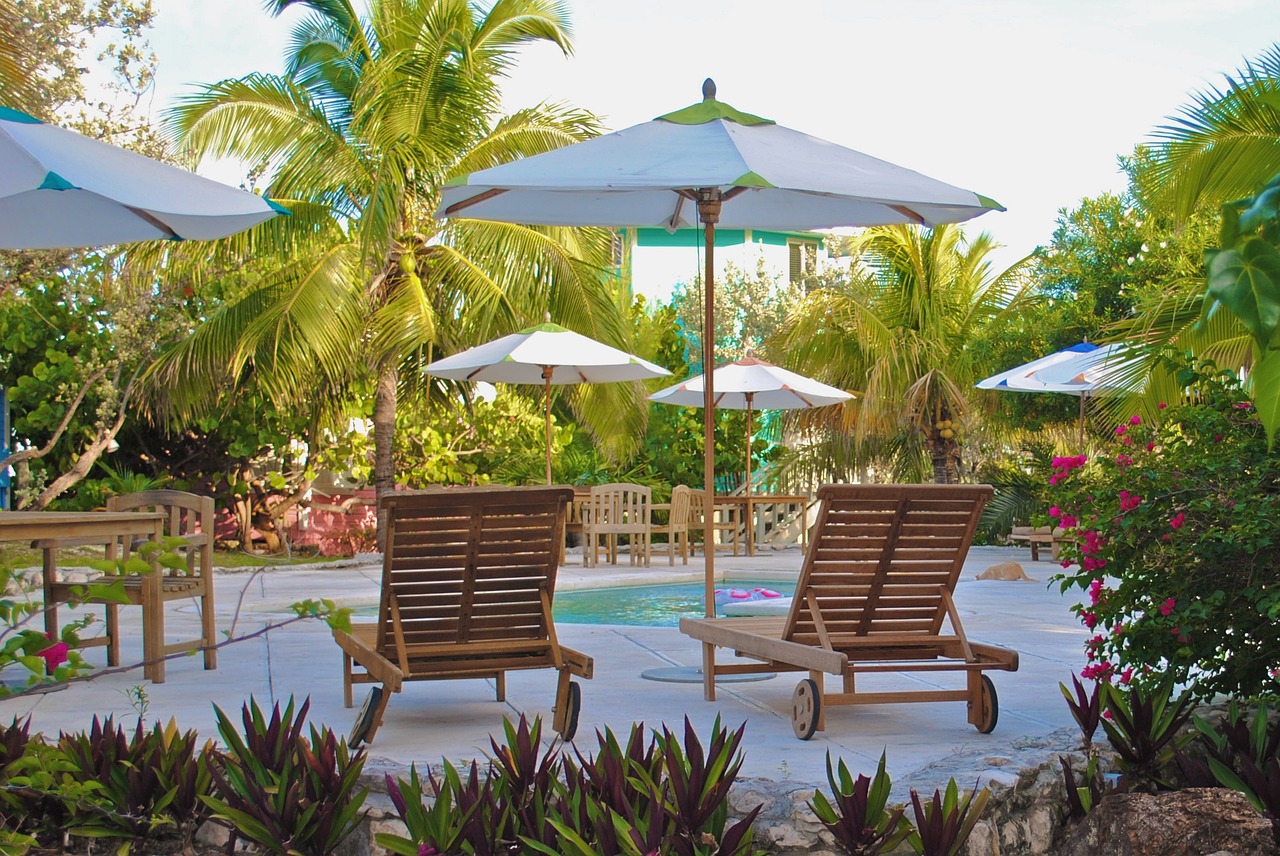Bahamas Video
Language and Communication: Overcoming Barriers in Bahamas
Language and communication play a crucial role in connecting people and fostering understanding. In the Bahamas, a beautiful island nation in the Caribbean, language barriers can sometimes pose challenges for effective communication. This article aims to explore the various aspects of language and communication in the Bahamas, along with strategies to overcome these barriers.
Language Diversity in the Bahamas
The Bahamas is a diverse country with a rich cultural heritage. The official language is English, which is widely spoken and understood throughout the islands. However, due to its geographical location and historical influences, other languages are also spoken, such as Creole, Haitian Creole, and Spanish. This linguistic diversity adds to the cultural tapestry of the Bahamas but can sometimes create communication barriers.
- Creole: Creole is a language spoken by the descendants of African slaves in the Bahamas. It has its roots in West African languages and English. While English-based Creole is widely understood, it may be challenging for non-native speakers to comprehend due to its unique vocabulary and grammar.
- Haitian Creole: Due to the close proximity of the Bahamas to Haiti, Haitian Creole is also spoken by a significant number of Haitian immigrants residing in the country. This language barrier can pose challenges in communication between locals and Haitian immigrants.
- Spanish: With the growing presence of Spanish-speaking tourists and immigrants, Spanish has become more prevalent in certain areas of the Bahamas. While English is still the primary language for communication, being able to understand and communicate in Spanish can be advantageous for locals in the tourism industry.
The Impact of Language Barriers on Communication
Language barriers can hinder effective communication in various ways. Misunderstandings, misinterpretations, and confusion can arise when individuals do not share a common language. This can lead to difficulties in daily interactions, business transactions, and providing services to tourists.
- Miscommunication: Different languages have different linguistic structures and cultural nuances, making it challenging to convey messages accurately. This can result in misunderstandings and misinterpretations, leading to confusion and frustration.
- Exclusion: Language barriers can create a sense of exclusion for individuals who do not speak the dominant language. They may feel isolated and struggle to participate fully in social, educational, and professional activities.
- Customer Service: In the tourism industry, effective communication is crucial for providing excellent customer service. Language barriers can hinder the ability to understand and meet the needs of international tourists, potentially impacting the overall tourist experience.
Strategies to Overcome Language Barriers
While language barriers can present challenges, there are several strategies that can help overcome them and promote effective communication in the Bahamas.
- Language Learning: Encouraging language learning programs can help individuals develop language skills that bridge communication gaps. Providing resources and opportunities for locals to learn foreign languages, such as Spanish or Creole, can enhance their ability to communicate with diverse populations.
- Interpreters and Translators: Utilizing professional interpreters and translators can facilitate communication between individuals who do not speak the same language. This can be particularly useful in healthcare settings, legal proceedings, and business negotiations.
- Cultural Sensitivity Training: Promoting cultural sensitivity and awareness can help individuals navigate different cultural norms and communication styles. Understanding cultural differences can foster empathy and improve communication between people from diverse backgrounds.
- Technology: Advancements in technology, such as translation apps and devices, can assist in overcoming language barriers. These tools can provide real-time translations, making communication more accessible and efficient.
Bahamas Image 1:

Language Preservation Efforts
While English remains the dominant language in the Bahamas, efforts are being made to preserve and promote the use of other languages spoken in the country. Language preservation initiatives aim to maintain cultural heritage and strengthen community bonds.
- Language Education: Incorporating local languages, such as Creole and Haitian Creole, into the education system can help preserve these languages for future generations. Teaching students about their linguistic heritage fosters a sense of pride and encourages language retention.
- Cultural Celebrations: Organizing cultural events and celebrations that highlight the linguistic diversity of the Bahamas can create awareness and appreciation for different languages. These events provide opportunities for locals and tourists to learn about the cultural significance of various languages.
- Community Engagement: Encouraging community engagement and dialogue can help strengthen language preservation efforts. Creating spaces for individuals to practice and use their native languages fosters a sense of belonging and cultural identity.
Conclusion
Language and communication are essential for fostering understanding and connection among individuals. In the Bahamas, while English is the official language, there are linguistic diversities that can pose communication barriers. By implementing strategies to overcome these barriers, such as language learning programs, interpreters, and cultural sensitivity training, the Bahamas can promote effective communication and inclusivity. Embracing linguistic diversity can enhance cultural exchange and enrich the social fabric of the nation.
Bahamas Image 2:

References
– Bahamas Ministry of Tourism: bahamas.com
– Ethnologue: ethnologue.com
– UNESCO: unesco.org


